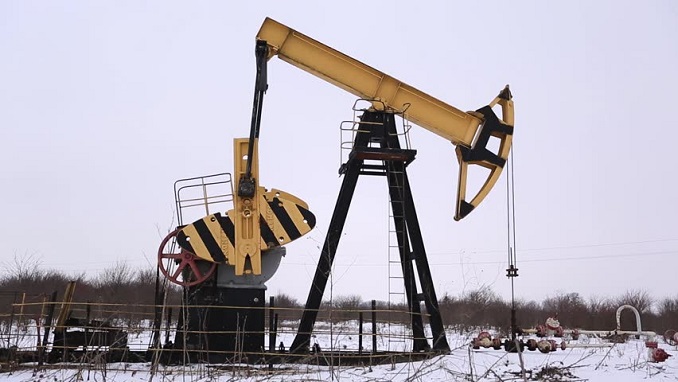As part of a deal to keep down domestic gasoline and diesel prices, Russia will use about $3.3 billion from its National Wealth Fund this year to compensate the country’s oil firms, a senior finance ministry official said on Friday, according to Reuters.
Alexei Sazanov, head of the finance ministry’s tax department, told reporters that in February alone the state paid oil companies back up to $469 million for keeping fuel prices under control.
“If we are paying the cash, we want to get a quality service in return. This service should result in the fact that the consumer should see prices at the fuel filing stations based on levels we pay back to the oil companies,” Sazanov said, according to the news agency.
The government and oil firms agreed last year to cut wholesale domestic fuel prices as a temporary measure to keep a lid on petrol and diesel costs, a politically sensitive issue.
Russia is using the National Wealth Fund (NWF) as a buffer against potential external shocks and to pay out pensions or support some important large projects at home. The spending rules are strict as the state wants to preserve the fund.
Under the deal, which runs from Nov. 1 until June 30, oil companies are allowed only to slowly increase petrol and diesel costs, which started to rise due to stronger global oil prices.
Russia is part of a global agreement with OPEC to cut oil production aimed at propping up crude prices, a major source of state revenues. But that is hitting it back at home as the cost of gasoline is one of the key factors affecting inflation – and the central bank’s main policy rate.












